*FYI - this post may contain affiliate links, which means we earn a commission at no extra cost to you if you purchase from them. Also, as an Amazon Associate I earn from qualifying purchases. Check out our Privacy Policy and Disclosure. for more info.
If you’ve ever wondered how much it costs to rent a car in Europe, let me save you some time and tell you it’s a LOT.
Renting a car in Europe is far from all rainbows and scenic Instagram shots, and can kick your butt (and wallet) in seriously spectacular ways if you don’t plan properly.
I’ve rented countless cars in Europe over the years, and as I try to scoop the tears out from my wallet, I can’t help but wish someone had sat me down before my numerous (nightmare) experiences and told me about all the hidden costs, fees and considerations that go into impacting how much a rental car in Europe really costs.
So that’s what this post is all about.
Hopefully, with these Europe car rental tips in mind, you can figure out whether or not renting a car in Europe is the right option for you, or at least have a realistic view of how much a car rental in Europe will actually cost.
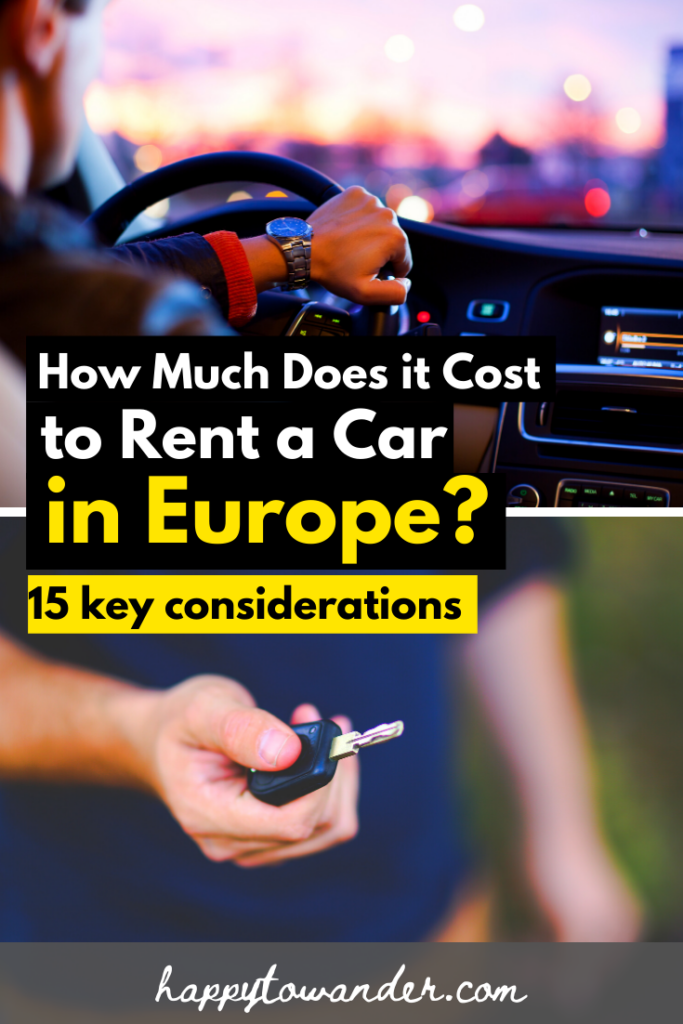
Save this guide on how much it costs to rent a car in Europe for later!
You’ll be very glad you did.
Should You Rent a Car in Europe?
Those visiting Europe for the first time are spoiled for choice when it comes to transport options.
I’ve previously written all about the cheapest ways to travel around Europe, and sadly renting a car isn’t one of them.
So, if cost is your #1 priority, you would likely be better off using:
- Budget airlines in Europe like RyanAir or Wizz Air
- Budget bus lines in Europe like Flixbus
- (Potentially) A rail pass like Eurail, if you want to prioritize convenience & experience too
But of course, there are some very obvious pros to renting a car in Europe.
For one, it gives you greater freedom on your travels, allowing you to visit remote and beautiful locations that public transport would not be able to take you (or may take you if you’re prepared to take two busses, a train, a 3 hour hike, and a hitchhike of a guy who likes to take the “scenic route” through the woods).
Plus, with Europe pretty much just being one large slab of land, and with the Schengen Zone allowing for virtually borderless crossings, travelling from country to country couldn’t be easier when using the roads.
So, if your priority is freedom and independence, renting a car to travel Europe might be the best choice.
Renting a car to travel Europe can also be a lot more enticing if you are:
- Travelling with multiple companions
- Intend to cover a small geographical region with a lot of sights scattered around
- Visiting a place not particularly well-served by public transport
So, if you have decided that a rental car is the best option for you, read on for tips on how to do so in ways that will spare your wallet significant trauma.
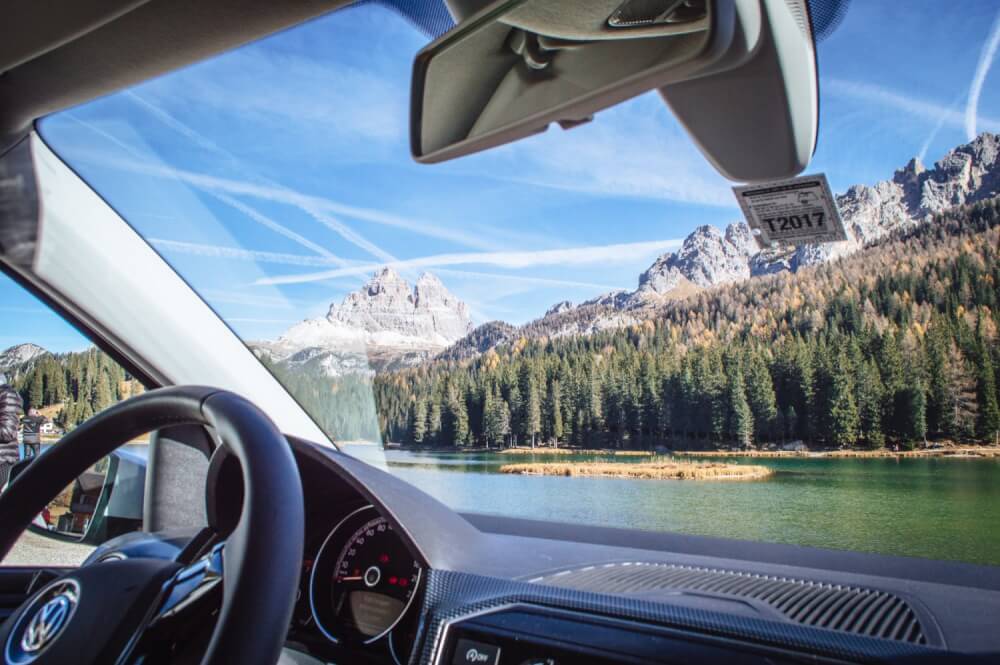
How to Find Cheap Car Rentals in Europe
Using a comparison site is the easiest way to find the cheapest deals for rental cars in Europe.
There are a LOT of options for renting cars in Europe out there, and the best deal will usually depend on a variety of factors (which we’ll go into detail below).
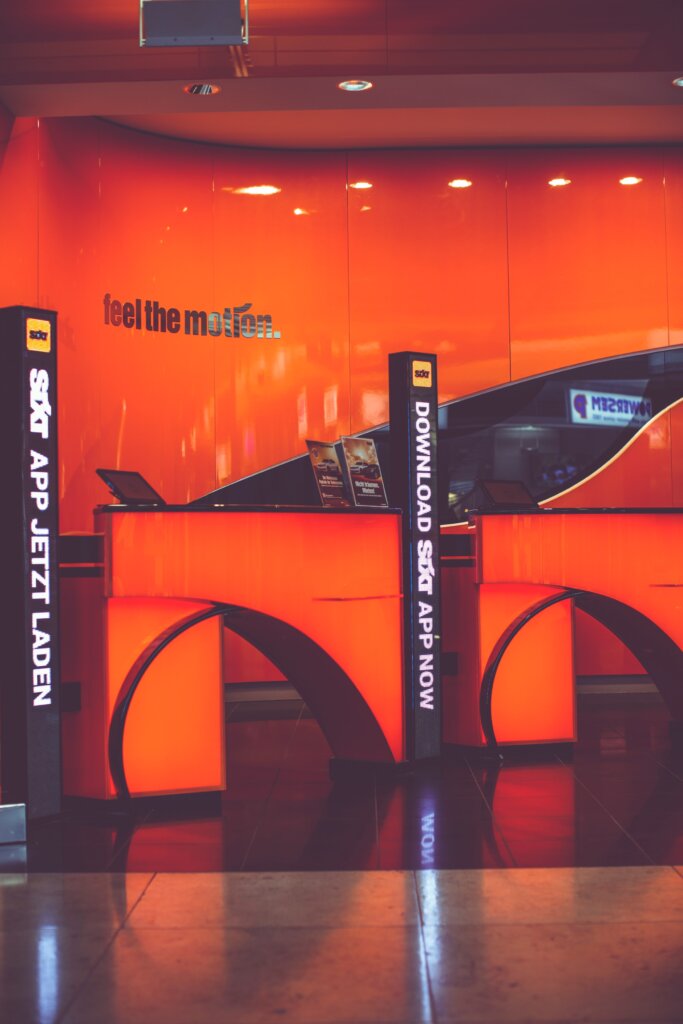
But, if you’re looking for a quick recommendation, I usually book with AutoEurope.
With them, you can compare prices on your car rental, you can ALSO book additional insurance through them (called a “Refundable Excess Upgrade“) for roughly 5 euros a day.
This means you can rent your car/get insured all in one swoop, and drive with peace of mind knowing there’s a cap on how much you could get charged in the event of an accident.
But besides the obvious costs written on the website, there’s a truly mind boggling amount of hidden rental car fees designed to steal your cash.
Let’s discuss them below.
NOTE: The majority of my car rental experiences have been around central Europe (Germany, Austria, Italy, Switzerland, etc.) Always make sure to check with your rental company first and foremost for the most up to date fees. This post is simply for your reference and based on personal experiences only! #DontSueMe
Factors that Impact How Much a Rental Car in Europe Costs
Looking to avoid hidden costs when renting a car in Europe?
Here are a few things that you should take into consideration (that will certainly impact the final total of how much your rental car in Europe costs).
1. Driver age
Sorry, my fellow youths. Most places do charge extra if you are under the age of 25 (some if you are under 26).
Usually you need to be 21 to rent a car at all, so be sure to look into that company’s young driver policy and whether or not that costs extra (whether that’s through a surcharge or additional mandatory insurance).

2. Driver nationality
Not really a hidden cost, but an important consideration before you make a car booking.
EU driving licenses are mutually recognised throughout the EU while most places will also accept North American driver’s licenses as well.
That said, there are certain countries and companies that will want you to have an International Driving Permit, so be sure to confirm the requirements before you go.

3. Multiple Drivers
If you’re rolling through Europe with a squad, just know that there is generally a fee to add an additional driver, usually 5-20 euro extra per driver a day.

4. Multiple Countries
I know what you’re thinking: Europe means borderless travel!
Time to go wild, right?
Sadly, it’s not that simple. While travelling within the Schengen Zone means you (probably) won’t get your passports checked, there are still fees associated with taking your rental car across multiple countries.
In fact, some rental companies don’t allow the user to take the car to certain countries, or they may only allow certain models.
Be sure to check the rental company’s policy, and tell them in advance where you are going to be travelling.

5. Mileage limitation
Ohhh, sorry… did you think you’d be able to go full fast full furious and ride as far as you wanted?
Sorry to burst your Vin Diesel bubble, but many companies enforce a mileage limit on rentals, after which you are required to pay extra per km.
Some companies have a limit of 250km a day, others have none, so double check with your company on their policy, especially if you have a long trip/distance planned.
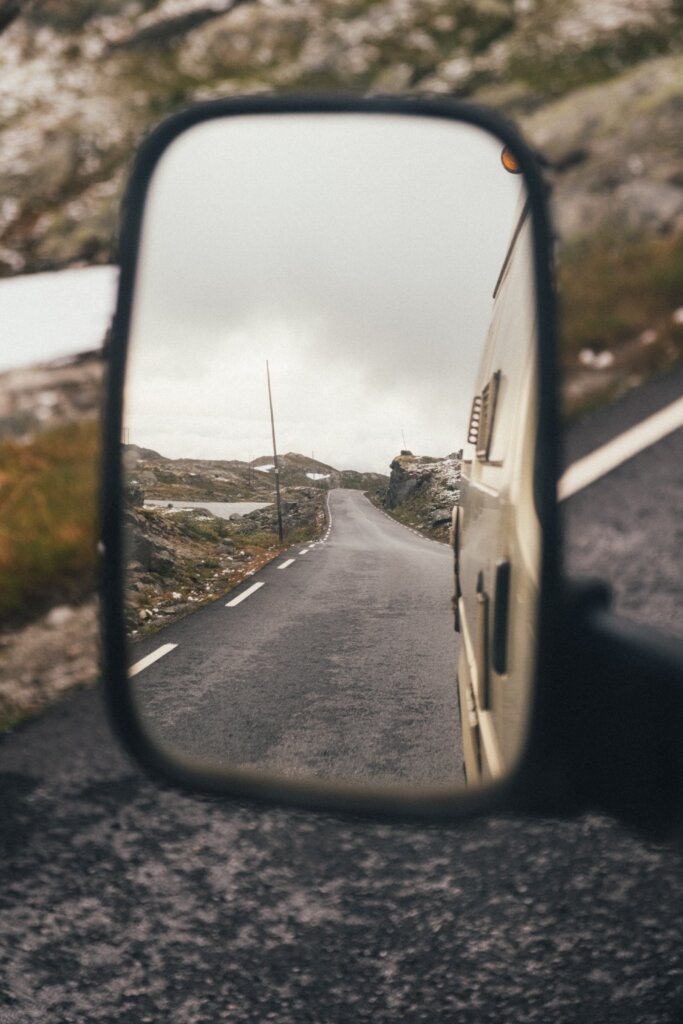
6. Insurance
What’s mandatory and included every time: Every rental will come with a “Reduction of liability” insurance included, which covers any costs of damage to OTHER vehicles or drivers in an accident (NOT you or YOUR car).
Every car rental company must legally provide this third party liability insurance as it’s illegal to drive without it.
What’s optional, but suggested: If you want extra insurance that puts a cap on how much you can be charged for damages to YOUR hire car, then you will need to either buy an additional protection plan from the rental company (often quite pricey, around 20 euros a day) OR you can get insured elsewhere (we have used iCar Hire Insurance and it was great although make sure you read the fine print as some plans don’t cover multiple countries).
NOTE: If you are getting external insurance, any damages will be paid out of your own pocket first, and then you’ll have to claim the money back from the insurance company.
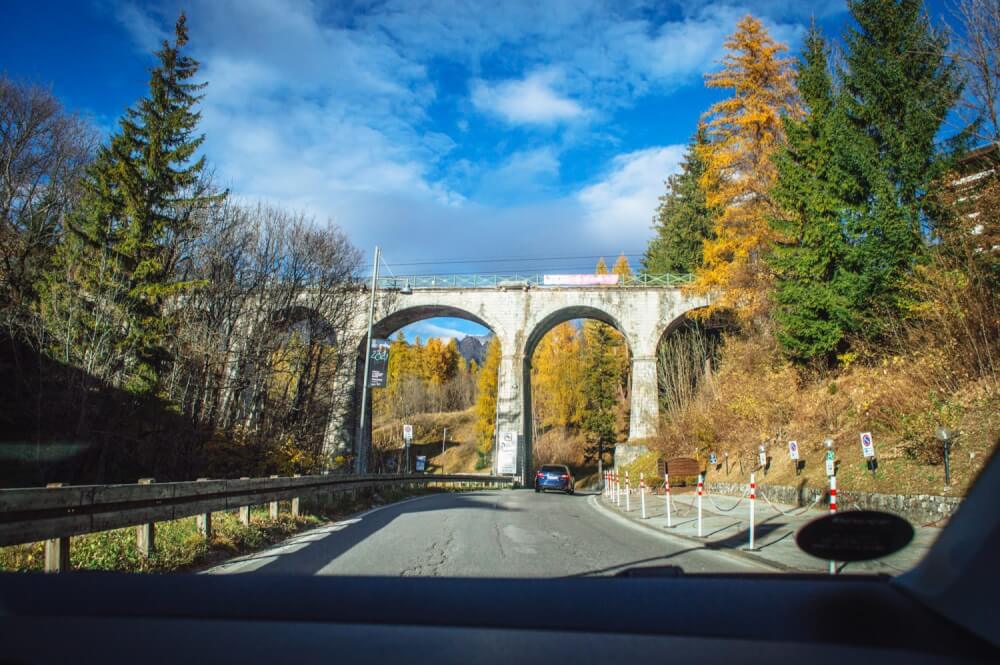
7. Opening times
Many branches are only open during certain times and days. SO, be sure to check whether the branch has a late drop off service if you plan to return after opening hours.
NOTE: Most companies charge per 24 hours.
This is especially good to consider if you are doing a short trip and travelling from say, Friday – Sunday. In this situation, telling the company that you’ll pick the car up at 7pm on Friday and will be bringing it back 6pm Sunday will save you a day’s worth of money (vs. dropping it off at 8pm Sunday, for example).

8. Winter tires
If you’re dreaming of cruising through snowy “winter wonderland” Europe, you should also be dreaming of those sweet winter wonderland tires 😉
Luckily, winter tires are usually provided during winter months free of charge.
If travelling to a snowy area outside of these usual months, just ask the company – they can typically be provided at an additional cost.

9. One way fees
Often it’s more convenient to rent a car and then drop it off at a different location than where you picked it up.
Convenient, yes, but also more expensive…? You bet, baby.
There is almost always an additional charge for these one way rentals, so be sure to check with your company on how much that is.
PRO TIP: If you are flexible with your journey, Europcar has a portal here where you can find one-way car rentals that cost only 1 euro.

10. Tolls/Vignette
You should know something before you set off on your road trip of a lifetime: using said roads cost money! Whee!
In some countries, they have a vignette system that requires you to have a special sticker (vignette) before you can use their roads.
These are NOT a joke. I once crossed from Germany into Austria and pulled into the first gas station I saw (literally 10m from the border) to buy a vignette.
I thought I was good, then received a fine a few months later because I didn’t have a vignette upon entering the country.
They have automatic scanners these days and it’s not just a matter of showing one if you get caught, so be sure to travel WITH a vignette if you need it!

Here are the vignette costs for different countries that have them:
- Austria: 10 days, €8; two months, €23.4; one year €77.8
- Bulgaria: 7 days, €5; one month, €13; one year €34
- Czech Republic: 10 days, CZK 310; one month CZK 440; one year CZK 1500
- Hungary: 7 days, HUF 2975; one month, HUF 4,780; one year HUF 42,890
- Romania: 7 days, €3; one month, €7; one year €77.8
- Slovakia: 10 days, €10; one month, €14; three months, €13, one year, €28.
- Slovenia: One week, €15; one month, €30; one year, €95.
- Switzerland: One year, €38.50 (don’t have daily, weekly or monthly passes because they care not about us peasants)
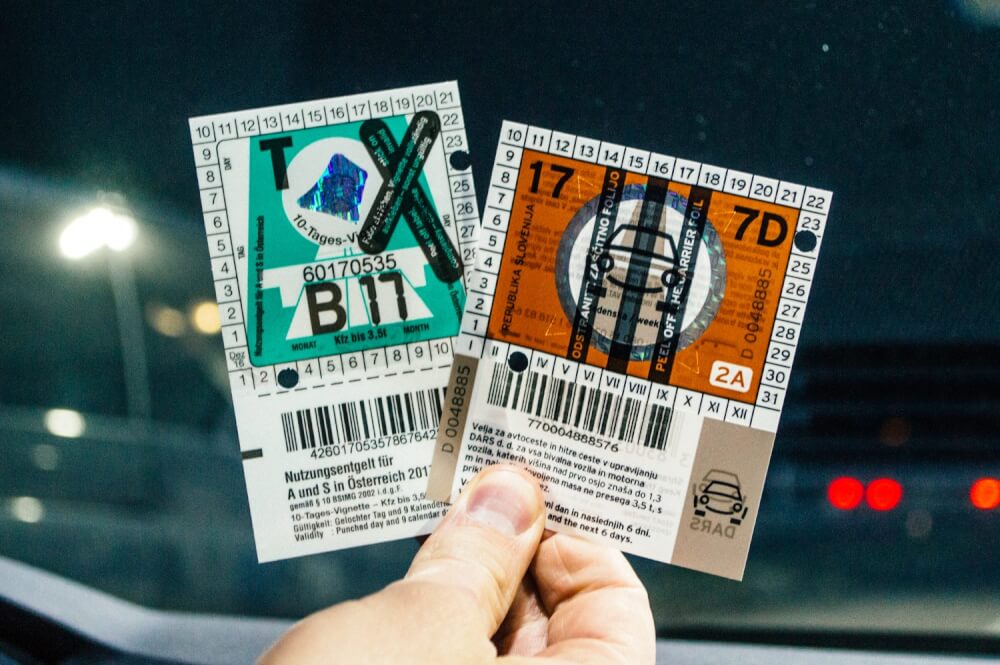
11. Gas and Petrol
Most rental companies will provide you with a full tank, and then ask that you return it with a full tank.
Gas and petrol are probably the #1 cost to consider when renting a car in Europe, because their costs add up SO quickly.
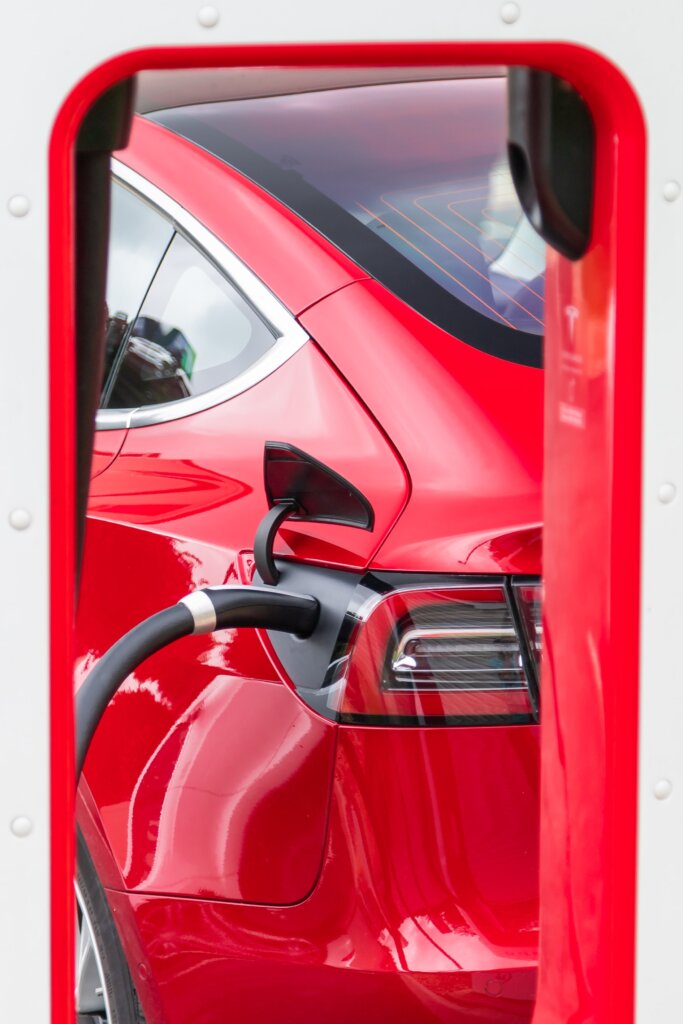
12. Deposit
Really important to note if you have a low limit on your credit card, a low balance on your debit card, or intend to charge a lot of expenses to your card.
Rental companies will almost always require a deposit. This will usually come in the form of a hold on your card.
This means they won’t take the cash from your account but it won’t be “available balance” for you to use. Note that some companies take a rather long time to remove this hold, so ideally you should ensure that you don’t need that amount on your card if possible.
Some places require credit card, but I have never had a problem with a debit card.
If you have an EC debit card (basically one that is not a visa, popular in Germany) then sometimes they will let you use it, provided that you can show proof that you live in Germany. … BUT sometimes they won’t, it really depends on whether the person behind the counter has had their coffee yet. 😉

13. Speeding fines
Not to freak you out or anything, but the car rental company will pass on your details to the authorities if you receive any speeding fines during your rental.
In addition to that, the car rental company will likely charge you a fine for forwarding your details to the authorities too (so they’re like, charging you for snitching YOU out. #SnitchesGetStitches, amirite?)
Anyways, this additional forwarding charge is roughly 20-30 euro and can be more expensive than the fine itself.
The lesson here is to make sure you don’t speed, and always keep an eye out for signs about the speed limit… even in unexpected places like the Autobahn (which YES, does have speed limits at some parts contrary to popular belief).
PRO TIP: Cruise control can be a god send when it comes to avoiding fines.
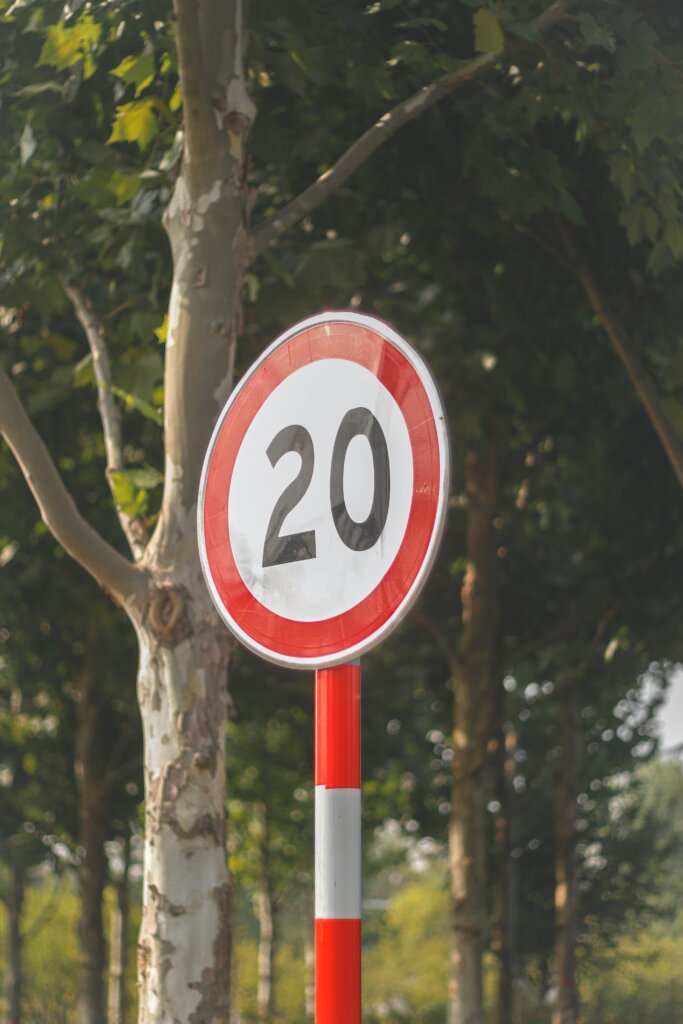
14. Parking
Headed to any big cities with your European rental car? Get ready to pay a TON in parking fees.
It’s a little inevitable that you’ll have to pay for parking, but one way to save a little is by parking away from pricey hotspots and then walking to where you need to go.
Parkopedia is a great resource for finding places to park.
So, remember to budget in parking to your total Europe rental car costs.

15. GPS
When it comes to renting a car in Europe, a GPS device usually does cost extra.
One easy workaround is to just use the data on your phone to navigate with Google Maps (especially handy if you have a navigation companion).
That said, if it’s your lucky day, sometimes the cars have GPS devices built in so you use it without paying (I don’t think they can tell if you use it, but don’t quote me on that).
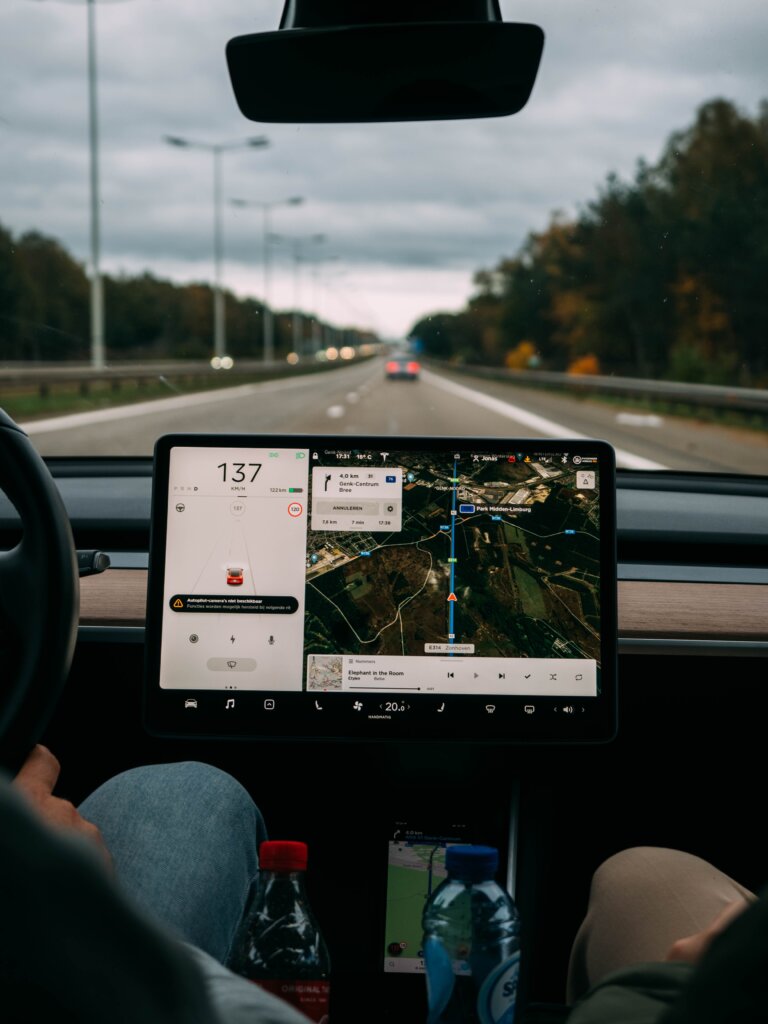
Final Helpful Tips for Renting a Car in Europe
Alright, now let’s move onto some final tips and tricks for renting a car in Europe!
Flexible? Look into 1 Euro one-way rentals
If you don’t have any set plans for what you’re doing with a European rental car, there’s one hack you can use to potentially save a ton of money.
Europcar has a portal here where you can find one-way car rentals that cost only 1 euro.
There’s of course tons of caveats – you have to pick up and drop off the car at specific places/times, and there’s tons of additional fees if you want anything extra like a child seat or GPS, but this could potentially be a good deal if you happen to find a one-way rental that matches where you want to go.
At the moment, I’m seeing a huge selection mainly in:
- England (definitely tempting as there’s loads of beautiful places to visit in England)
- Spain (particularly around Andalucia and Catalonia like in Barcelona and Tarragona)
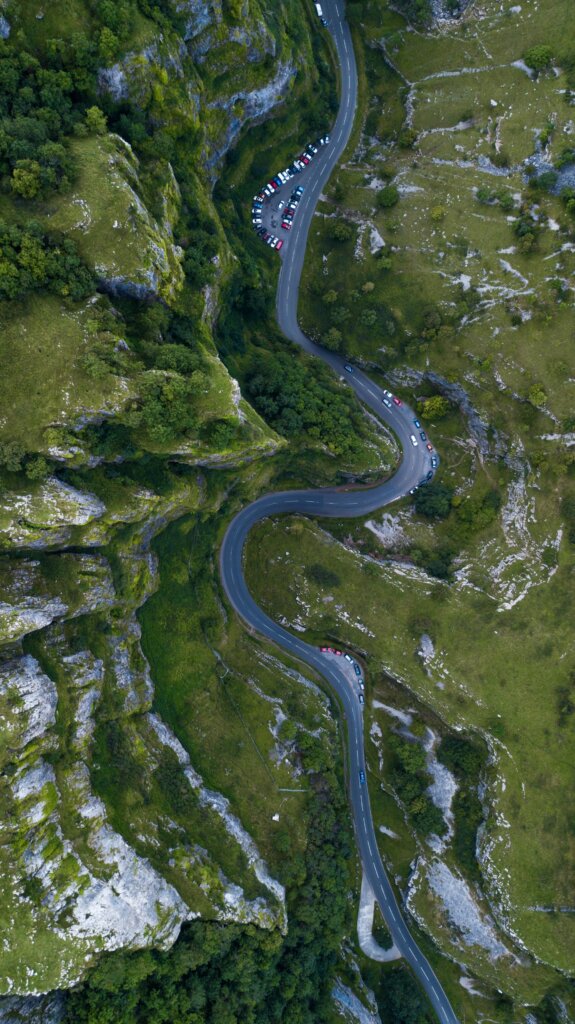
ID is important. Don’t forget additional ID besides your license!
Additional ID is generally required to rent a car in Europe, and no, your driver’s license won’t cut it. What they’ll often ask for is either an ID card or passport.
This should be fine as you’ll likely have these if you’re travelling… but just be aware a driver’s license alone is not usually sufficient for them. (So demanding, right?)
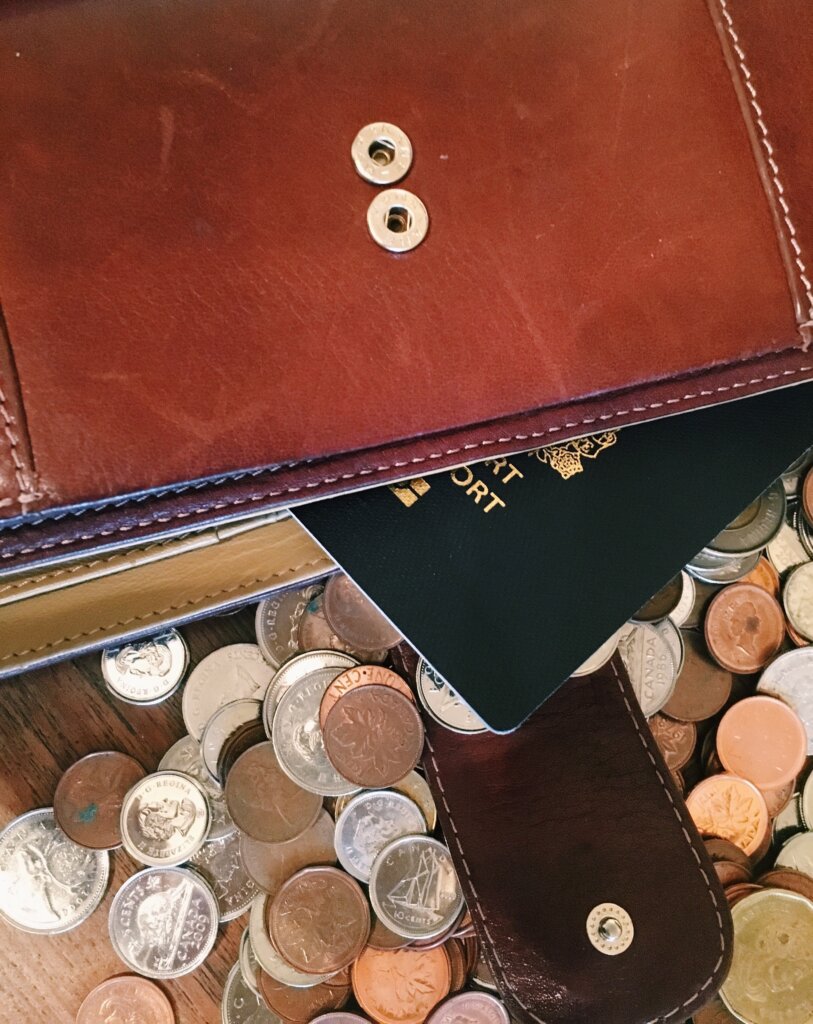
Collect your car on time
This might be a new rule, but the last two times that I’ve shown up to collect my rental car in Europe (once in France and once in Germany), I’ve ran into trouble because I didn’t arrive in the pick-up window I chose on the website.
I mistakenly thought that if I’d prepaid, the car would be there no matter what… after all, they had my money, but this was not the case! In both instances, they had GIVEN MY CAR AWAY TO SOMEONE ELSE even though I’d prepaid, which is absolutely ludicrous if you ask me, but anyways… just keep in mind that punctuality appears to be increasingly important.

Any more questions about how much it costs to rent a car in Europe?
All in all, I hope this guide helps you feel better equipped to travel Europe by car!
Hey, with these tips, I’m sure you’ll be renting a car in Europe like a pro 😉 Have an amazing time, and feel free to ask away in the comments if you have any questions!

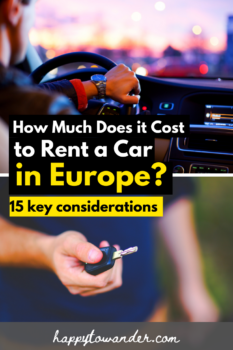
I had no idea that a fee is added on for additional drivers. Thanks for the head’s up. And thank you for the pointers! 🙂
–
Charmaine Ng | Architecture & Lifestyle Blog
https://charmainenyw.com
No problem – thanks for reading! <3
I had no idea about the Vignette stickers! We live in Belgium and my partner has his own car but we haven’t driven to Austria or Switzerland together yet. Thanks for the heads up!
To avoid these hidden costs, you need to read ALL documents. Usually people don’t read all papers, and just put signature where it nessesary. If you want to be sure in final price, read every word!
Great tip! Thanks 🙂
That was such useful information ahead of our travel to Europe. Thank you.
Not a fan of the huge amount they intend to put a hold on on your credit card – up to 1500 Euros with some companies. We have considered an overall travel insurance for our trip which covers rental car excess – but unsure if we will have to pay up first if need be.
Ohh that’ very informative post. I really don’t know about these hidden costs. That’s good.Thanks!
Thank you for writing such an informative piece regarding the mode of travelling in Ireland.
On my last visit to Ireland, the road trip lasted for a week. Dooley Car Rentals is one of the oldest car hire companies and so I pre-booked my car from there. Booking was easy and all the terms and conditions were discussed before signing of the agreement and making the payment. Their fleet of cars is fully safety checked and valeted before and after every rental, and regularly updated to ensure customers have access to the best car rental experience in Ireland.
I really agree with you that booking a car in Ireland is not easy with all the insurance thing and other monetary stuff. But luckily, I landed on finding Dooley car rentals who offer car hire services across all major cities in Ireland. The car was very clean and to my surprise the tank was full (of course, I had to pay for that!). Overall, it was amazing driving the car. Thanks to Dooley car rentals!
Ireland is an awesome country with amazing happy-go-lucky people. So, those who haven’t plan a trip to Ireland yet, do plan your itinerary soon and like Liz recommended and I followed, pre-book your car service and get things clear first.
Amazing! I know nothing about traveling all over the country, what a wonderful looking place to explore.